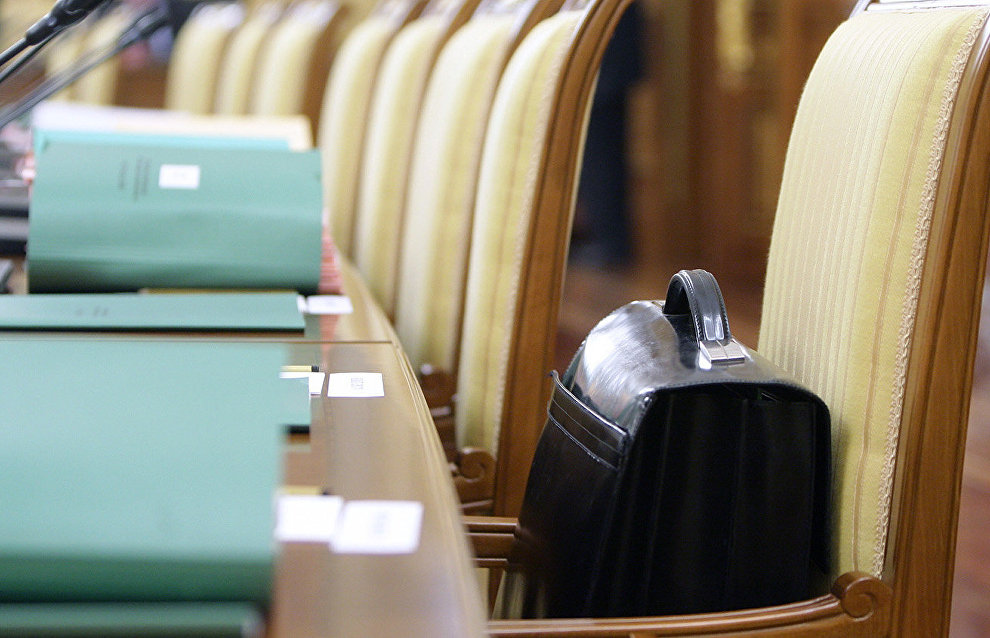Draft law on privileges for Arctic investment projects to be submitted to the government before June 10
The draft law On Government Support for Investment Activity in the Arctic Zone of the Russian Federation, which was developed by the Ministry for the Development of the Russian Far East, will be submitted to the Russian Government for consideration before June 10, the ministry's news service has reported.
In April, at the International Arctic Forum, President Vladimir Putin asked the ministry to draft a law on preferential treatment for investors carrying out projects in the Arctic.
"The Ministry for the Development of the Russian Far East has developed the draft federal law On Government Support for Investment Activity in the Arctic Zone of the Russian Federation, which will be submitted to the Russian Government for consideration before June10," the ministry's press release reads.
According to the press release, the experience in the country's Far East was incorporated in the plans for Arctic projects, though the draft law differs from the previous one in some important respects.
"In the Far East, we set zero tax rates for a limited period of time, which only apply in priority development areas and the free port of Vladivostok, whereas in the new draft law under discussion we have set lower tax rates for the entire period during which the investment project is carried out," the press release quotes Deputy Minister for the Development of the Russian Far East Alexander Krutikov as saying. The official explained that the draft law is about slashing taxes for businesses in the Arctic.
Krutikov added that "the entire Arctic will be given preferential treatment — from the Kola Peninsula to Chukotka" and this is the main difference from the Far Eastern model. At the same time, the draft law proposes to set tax rates depending on the type of economic activity. These will apply to continental shelf oil projects, projects to produce hydrocarbons on the mainland, and production of LNG, as well as other projects dealing with types of activity beyond extraction. "The only requirement is that at least 500,000 rubles is invested," Krutikov said. "This is the level of small business."
The draft law also provides for a number of administrative preferences that have proved effective in the Far East. They include simplified administrative procedures, for example, for obtaining construction permits, putting facilities into operation and granting plots of land, as well as the establishment of a free customs area. Experts are looking into the possibility of changing the procedure for government expert review of projects.
"Another important novelty is how Arctic investment projects are treated," the press service cites Krutikov as saying. "We understand that one of the main tasks in the Arctic is building infrastructure. We've offered a mechanism for funding infrastructure under new investment projects. The idea is to exempt a company extracting hydrocarbons in the Arctic from the resource extraction tax in the amount equal to its investment in infrastructure for new industrial facilities. The amount is fixed at a very high level — 100 billion rubles — as we keep in mind that only large projects will be up to the mark."
According to Krutikov, investment projects by small and mid-sized businesses will receive direct subsidies for building infrastructure, the mechanism for which will be set forth in the new government program to develop the Arctic, which is being drafted now.
